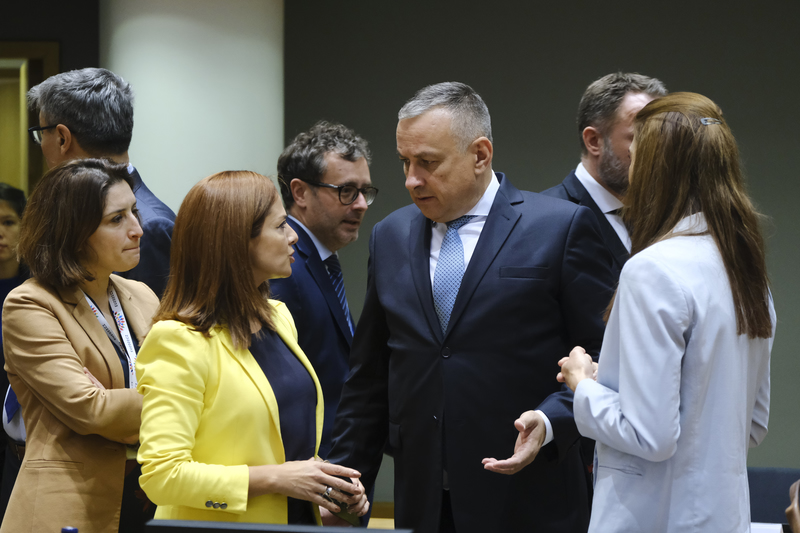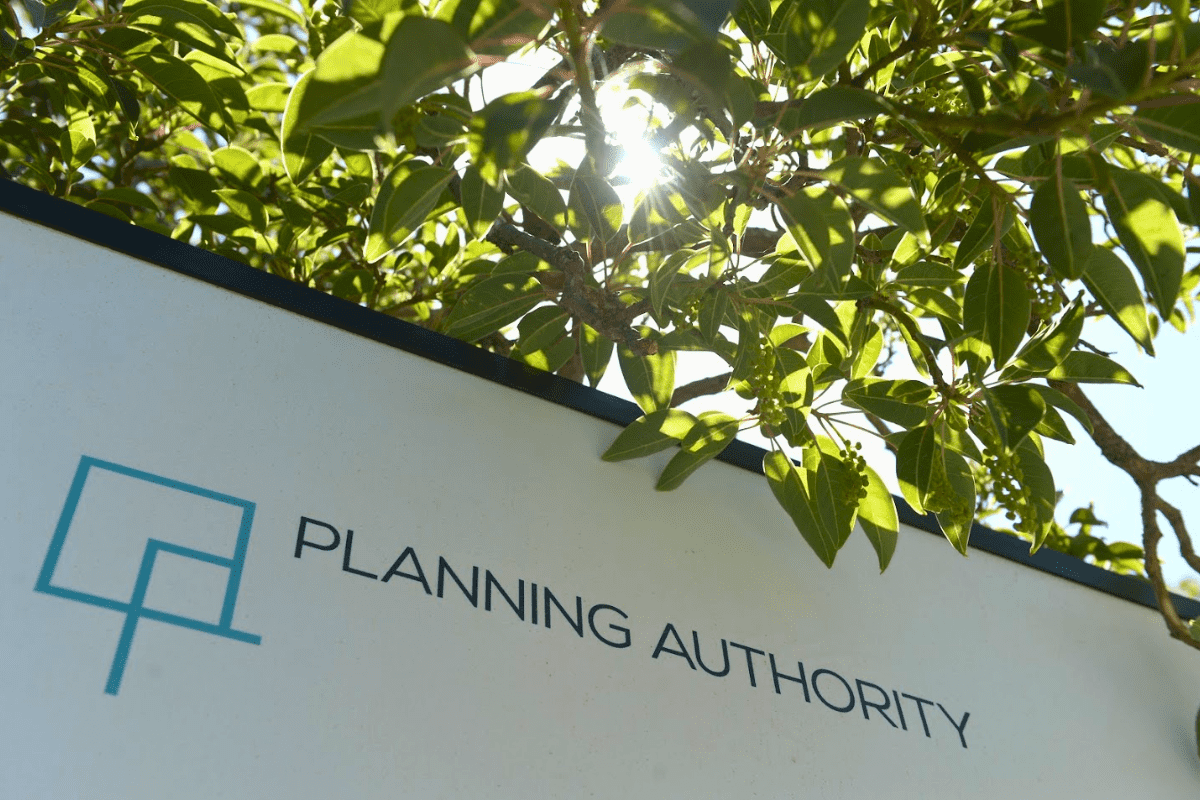Malta has successfully negotiated another derogation from a European Commission proposal that imposes on member states mandatory reductions in electricity consumption, the energy ministry said in a statement on Friday.
This derogation was sealed by Minister for the Environment, Energy and Enterprise Miriam Dalli, in negotiations held during the extraordinary Energy Council that was held on Friday (today) in Brussels.
“This derogation was important for Malta as a country that is heavily dependent on electricity. Any mandatory reduction in electricity demand would have a negative impact on families and businesses.
“This is the third derogation that Malta obtained in this sector. Last August, the Energy Council agreed on 15 per cent mandatory reductions in gas consumption. Malta had convinced the European Commission that due to our island peculiarities, the country should not carry this additional burden.
“And last year, Malta also successfully negotiated another derogation by which the proposed gas pipeline retained its status as a Project of Common Interest.”
The last proposals presented by the European Commission are aimed at addressing energy supply issues that Europe is currently facing, issues that are set to escalate as gas consumption in winter increases.
Despite Malta’s successes in obtaining these derogations, the government says that it remains committed to encourage and incentivise the public sector, the private sector, and households to reduce energy waste and increase their energy efficiency.
Speaking to the media ahead of the meeting, Minister Dalli expressed concern that the European Commission’s proposed measures would not alleviate the problem for all member states. Malta is pushing for a solution to lower gas prices, as the current proposals do not contribute to this aim, she stressed.
The European Commission proposal stipulates a 10 per cent mandatory reduction in electricity consumption and other reductions when demand is at its peak. During peak demand, the proposal specifies that consumption has to be five per cent of gross electricity compared to the previous five years.
This regulation would require the issuing of tenders by the private sector to compete in reducing their consumption while seeking compensation for the business lost during the hours when consumption has to be reduced. The entity that seeks the lowest amount of compensation would win the tender and have to reduce consumption equal to the amount declared in the tendering process. Such a measure is expected to affect business competitiveness negatively and could also result in lower productivity which would affect employment.
Addressing the Council meeting, Minister Dalli stressed the importance that only those measures that can directly lead to a reduction in electricity prices should be implemented. Malta imports around 20 per cent of its electricity from the interconnector with Sicily. However, those prices are amongst the highest in the EU. Minister Dalli emphasised the need to analyse gas consumption reduction measures properly. “We need to heed our peoples’ concerns, families, businesses and industries. As a Union, we cannot jeopardise the competitiveness of the whole European economy that would result in lower investments and risking livelihoods”, she stated.
Malta is one of the 15 EU member states pushing for a cap on gas prices to lower electricity prices derived from gas-generated production. The idea is to cap prices dynamically, as opposed to a fixed capping, which would be tied to non-EU indexes so that while the EU would remain attractive for LNG producers, it would eliminate prevailing market speculation.
Irrestawra Darek grants for Reġjun Nofsinhar oversubscribed within days
Demand for the scheme surged immediately upon opening
Clyde Caruana pledges energy subsidies to remain amid Iran war oil price volatility
Finance Minister says it is too early to assess the additional cost arising from developments in the Middle East
‘Retail’s ultimately about human connection’ – The Convenience Shop CEO David Tabone
CEO David Tabone sheds light on how Malta’s largest convenience retailer is reshaping its shopping experience






